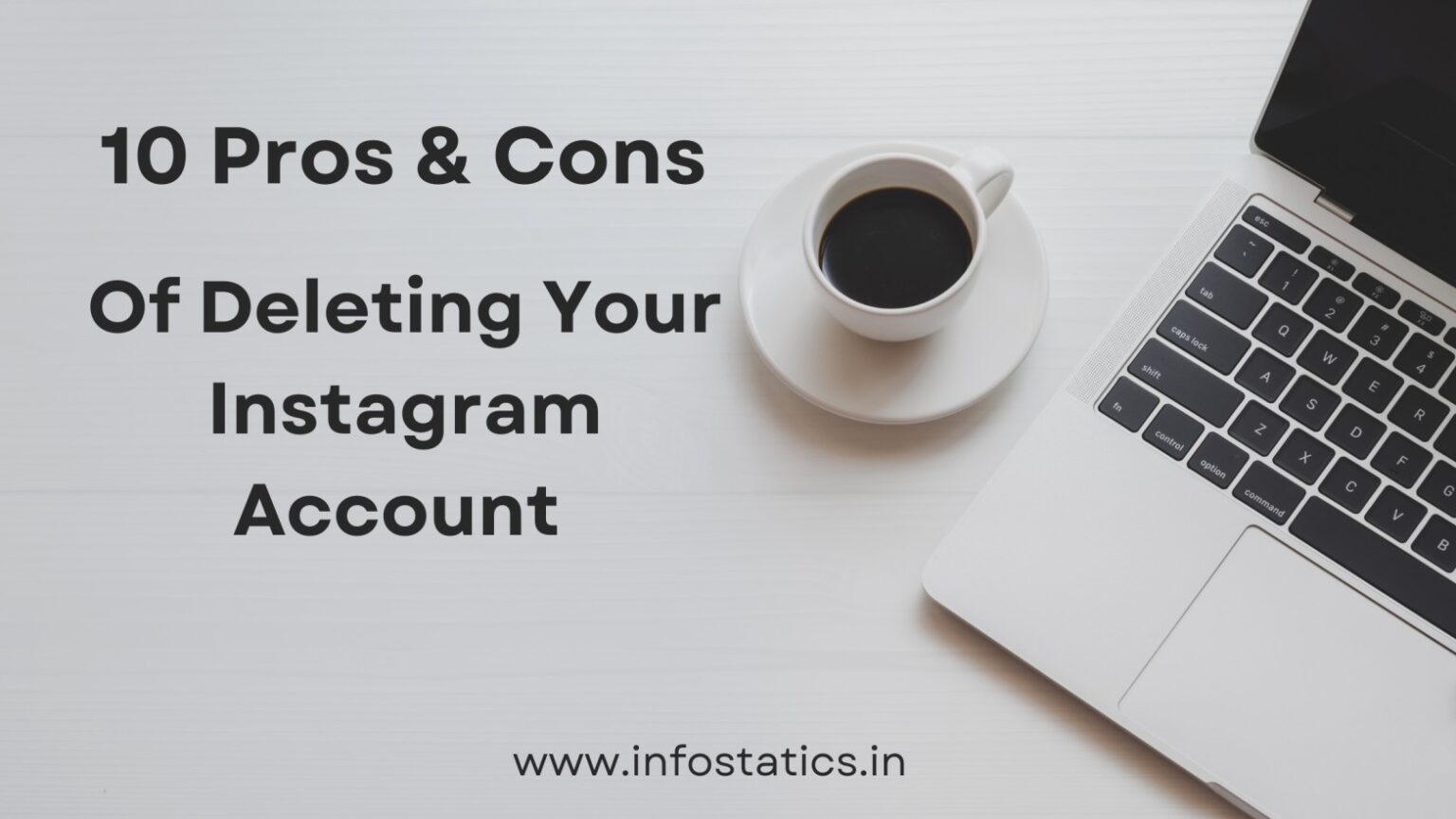Search Engine Optimization (SEO) can feel overwhelming, especially for small businesses. But getting the basics right can make a huge difference in your online visibility. This checklist breaks down the essential steps to help you climb the search rankings and attract more customers.
On-Page SEO Essentials
These are optimizations you make directly on your website's pages.
- Keyword Research: Identify the primary and secondary keywords your target audience is searching for.
- Title Tags: Ensure every page has a unique, compelling title tag (under 60 characters) that includes your primary keyword.
- Meta Descriptions: Write unique meta descriptions (under 160 characters) for each page. Think of it as an ad for your page in the search results.
- Header Tags (H1, H2, H3): Structure your content logically with header tags. Your main title should be an H1, with subheadings as H2s and H3s.
- High-Quality Content: Create valuable, informative, and engaging content that answers your users' questions.
- Image Optimization: Compress images for fast loading and use descriptive alt text for every image.
- Internal Linking: Link to other relevant pages on your own website to help search engines understand your site structure and spread link equity.
Technical SEO Foundation
This ensures your site is easy for search engines to crawl and index.
- Mobile-Friendliness: Your website must be fully responsive and provide a great experience on all devices.
- Site Speed: Use tools like Google PageSpeed Insights to check and improve your website's loading time.
- XML Sitemap: Create and submit an XML sitemap to Google Search Console to help Google find all your important pages.
- Robots.txt: Use a robots.txt file to tell search engines which pages they should not crawl.
- SSL Certificate (HTTPS): Ensure your site is secure with an SSL certificate. It's a ranking factor and builds trust with users.
"Good SEO work only gets better over time. It's only search engine tricks that need to keep changing when the ranking algorithms change." - Jill Whalen
Off-Page SEO Strategies
These are actions taken outside of your own website to impact your rankings.
- Backlinks: Earn high-quality backlinks from reputable websites in your industry. This is one of the most powerful ranking factors.
- Google Business Profile: Optimize your Google Business Profile with accurate information, photos, and by encouraging customer reviews.
- Local Citations: Ensure your business name, address, and phone number (NAP) are consistent across all online directories.
- Social Media Presence: While not a direct ranking factor, a strong social media presence can drive traffic and amplify your content.
By consistently working through this checklist, you'll build a strong SEO foundation that drives sustainable, long-term growth for your business.
.png)



